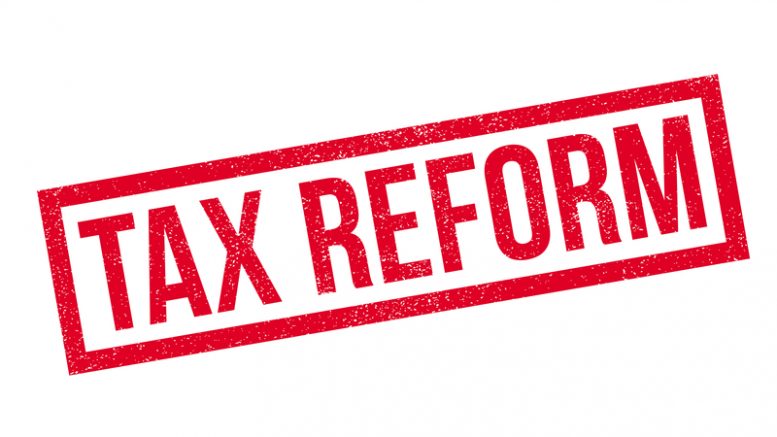How to Maximize Charitable Donation Deductions Under the New Tax Laws
The 2017 Tax Cuts and Jobs Act has now been in full force for a few months, and it is time to start exploring alternatives to your personal tax planning. While most taxpayers will benefit from lowered federal tax rates, a significant number of people will need to take a new approach to deductions. (more…)
Read MoreA New Expanded Use of 529 Plans
Near the end of 2017, the Tax Cuts and Jobs Act (TCJA) was passed into law; included in
the new law is the expanded use of 529 plans. While all the features and benefits of the
529 plan for college and other post-secondary education remain, the new law allows 529
plan account owners to also use the funds to pay for tuition and other authorized expenses
at K-12 schools – including public, private, and religious schools. (more…)
Economic and Investment Outlook for 2018
2018 Outlook Summary
- Economic Growth: Real GDP growth should remain favorable around the world for most developed and emerging market economies. Monetary and/or fiscal stimulus around the world should benefit consumers, workers, and corporate earnings. There is small risk of a U.S. or global recession for at least the next 12-18 months. Higher U.S. inflation in 12-24 months could undermine the long-lived U.S. economic expansion.
- U.S. Equities: Despite stretched valuations in the U.S., a strong economy, still low interest rates, tax reform cost savings, and the likelihood of increased domestic infrastructure and capital spending should benefit U.S. stocks and real estate.
- Foreign Markets: Economic conditions in larger foreign developed and emerging market countries are expected to continue to improve on average, especially in Europe, Japan, and in some of the commodity-producing emerging market countries. Valuations in non-U.S. stock markets are modestly more attractive than in the U.S. Therefore we continue to have a modest overweight to these markets—partly currency-hedged to lower risk.
- Fixed Income: U.S. interest rates are expected to rise if inflation accelerates. Therefore, our fixed income allocation is more heavily weighted to adjustable rate securities and bonds in higher yielding sectors and countries. Corporate default rates are expected to remain below average, thus a modest exposure to high yield and bank loans is still warranted despite lower yields.
The New U.S. Tax Bill: Actions to Take Before Year-End
Within a few days, we expect the new U.S. tax law to pass with most provisions effective next year. Given the widespread loss of allowable deductions on Schedule A and the near doubling of the standard deduction next year, in many cases, it is best to accelerate deductions into this year. (more…)
Read MoreThe Pending New Tax Bill and Actions to Consider

Section I: Proposed Changes
While there remain differences between the House and Senate-approved bills, below are some of the biggest changes proposed by both bills that could affect you. (more…)
Read More